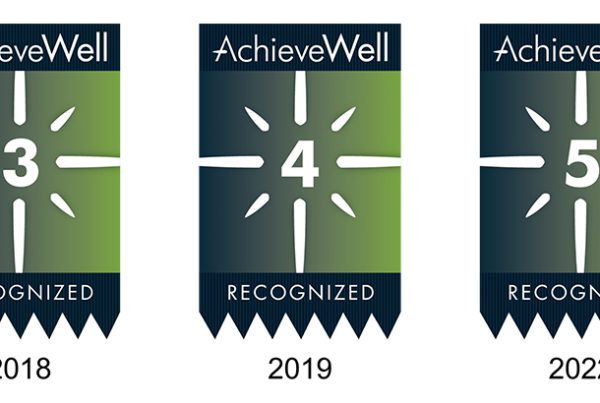
When our diets don’t provide the necessary nutrients, supplements can be a good idea. However, there are different types of supplements and different needs, so here is some information to help you decide if nutritional supplements are right for you.
• Supplements include vitamins, herbs, powders, bars, and drinks.
• The Food and Drug Administration (FDA) is responsible for the safety and labeling of all products but not the effectiveness of the product. The FDA does have a standard for manufacturing, Good Manufacturing Practices (GMP), that is designed to ensure safety standards are met. You can find the GMP label on most supplements.
• Supplements must list ingredients and may indicate that a supplement “promotes” a healthy state, but the supplement must include the disclaimer, “This statement has not been evaluated by the Food and Drug Administration. This product is not intended to diagnose, treat, cure, or prevent any disease.”
• Supplements may interfere with prescription medications. This interference may be one of the effectiveness of the prescription but may also include very real dangers. For example, certain herbal supplements can increase bleeding for those who take the prescription medicine warfarin. You should discuss with your doctor any supplements you plan on taking.
• Some people benefit from supplements designed to deliver needed calories. Many of these are marketed to the elderly who may not be eating enough calories or may have lost their appetite. When choosing a supplement, try to avoid empty calories (sugar) and choose supplements that incorporate as many whole food products as possible.
• Energy drinks and bars are not generally considered supplements and are often unnecessary. Energy drinks commonly contain caffeine, which should be avoided, and energy bars commonly contain sugar. Again, whole foods are the best choice for nutrition for most people.
A diet built on vegetables, fruits, whole grains, and lean protein sources will provide excellent nutrition for most people. If you need additional nutrients, discuss with your medical professional exactly what you need and the best sources to choose.




